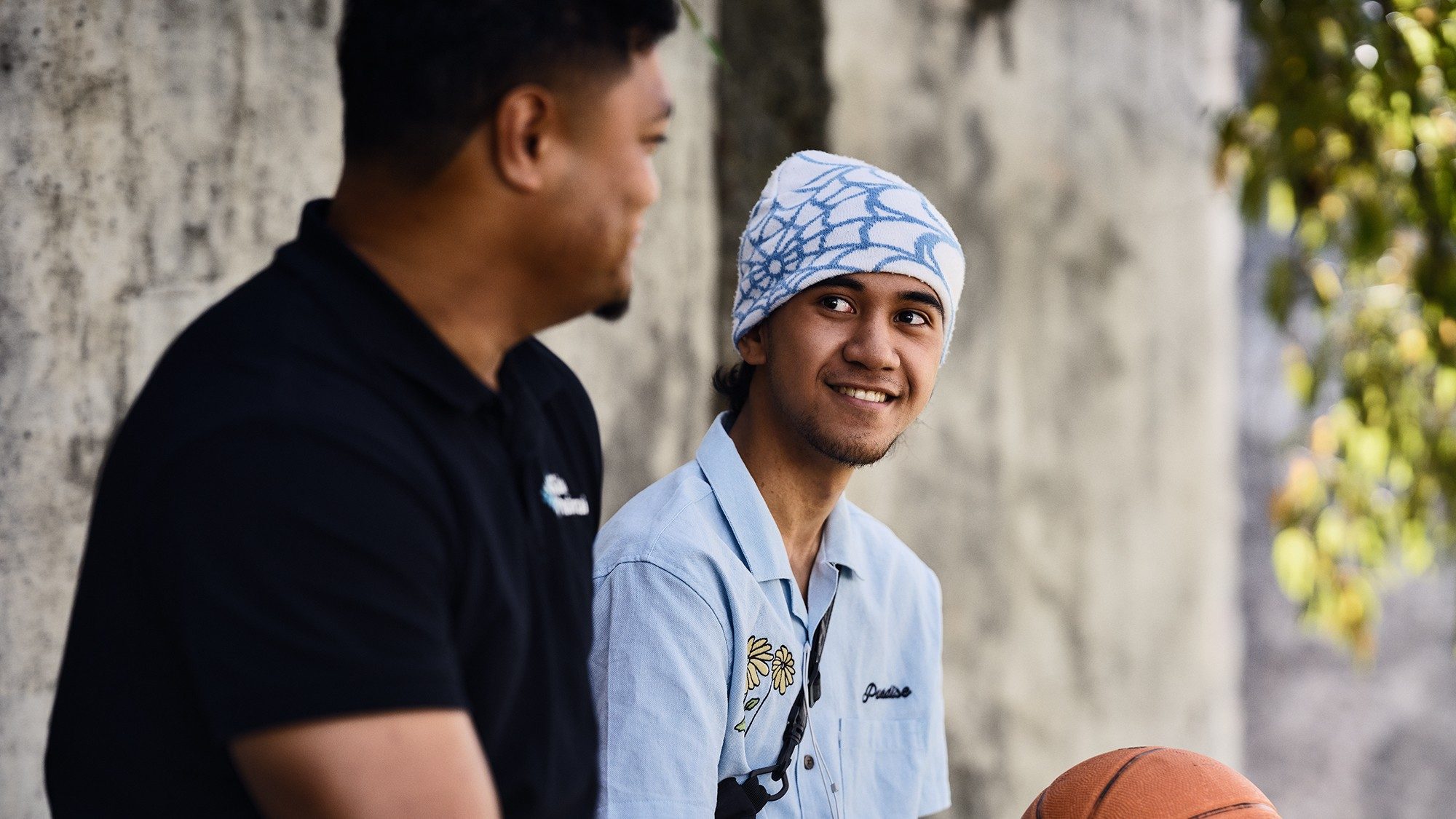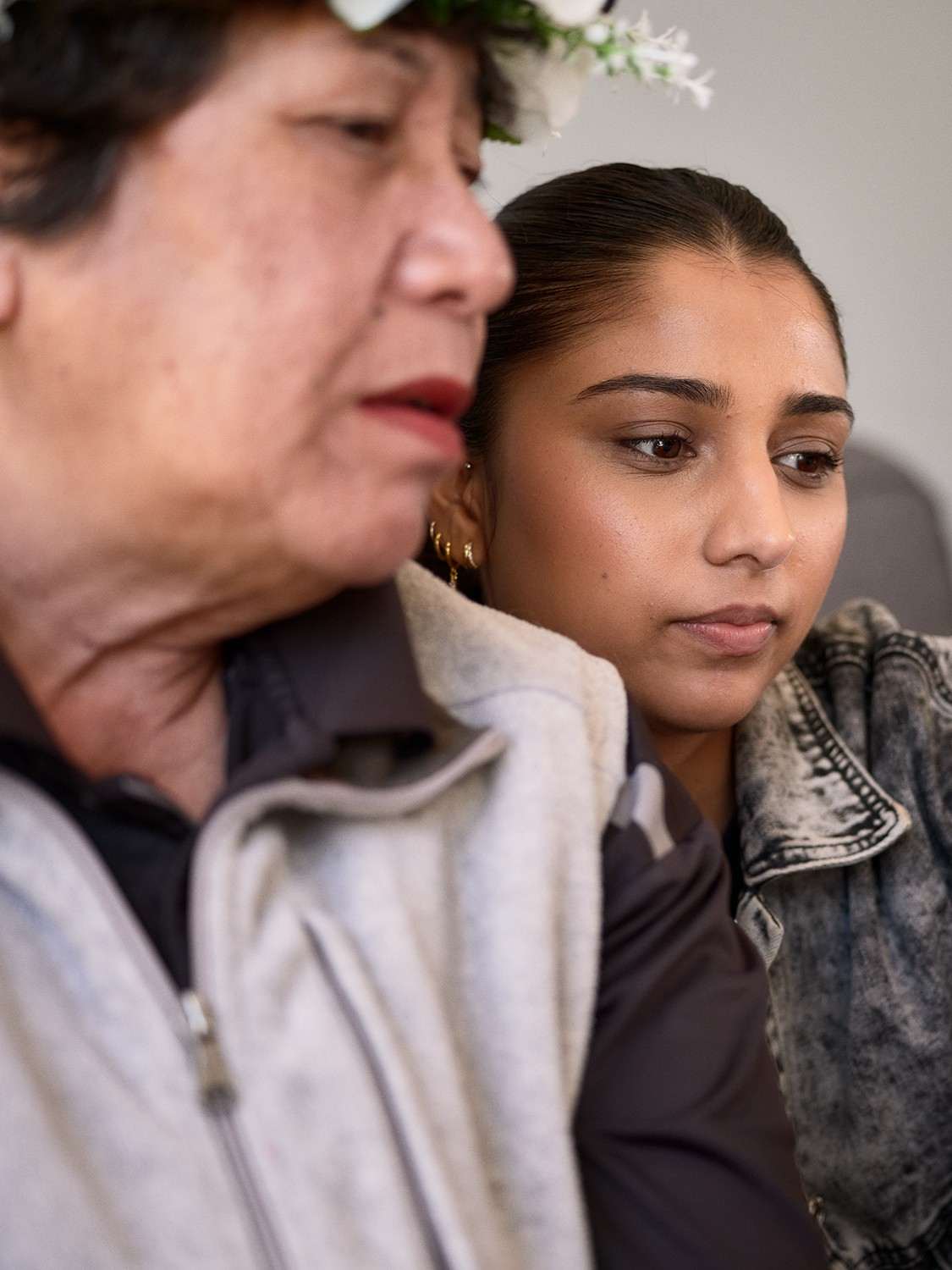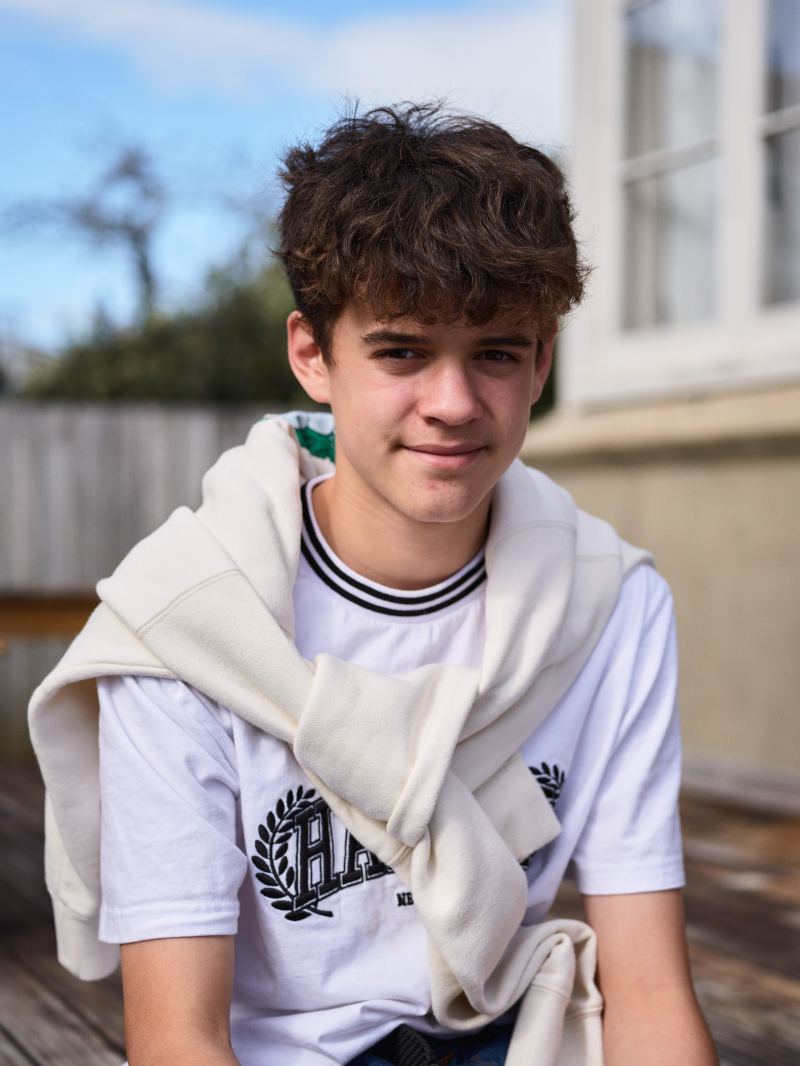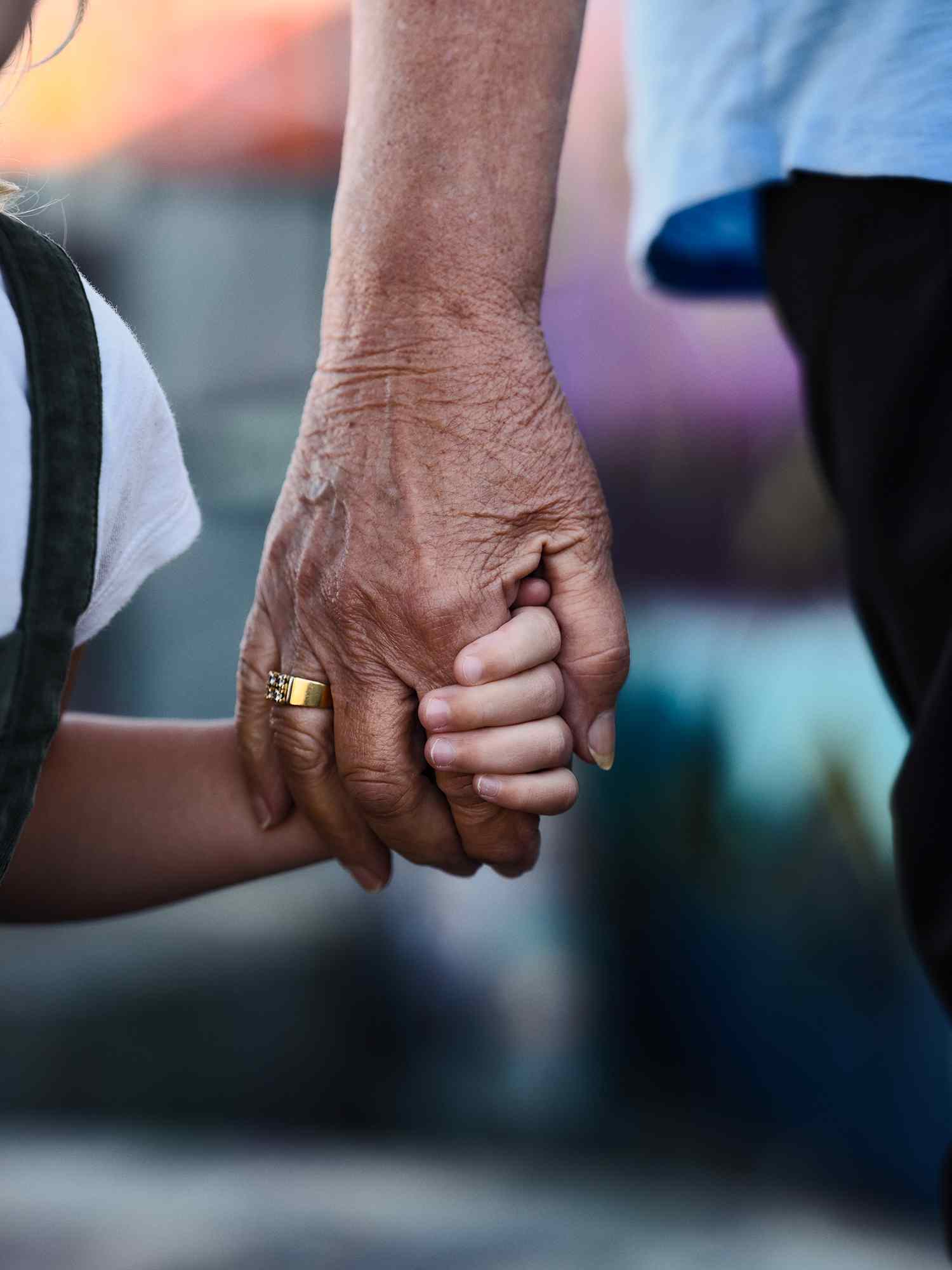To grow, to flourish, to prosper
To grow, to flourish, to prosper




Therapeutic Foster Care



Out-of-home care services
Sometimes it’s not possible for tamariki and rangatahi to stay living at home with whānau. When this happens, we provide safe, nurturing homes where tamariki and rangatahi will be cared for and supported to thrive.

Therapeutic foster care
We provide specialist caregiving services across Te Tai Tokerau, Tāmaki Makaurau, Waikato, Tauranga Moana and Hawke's Bay.
Often, when tamariki and rangatahi have had difficult life experiences, including having to move from the care of whānau or previous caregivers, they can experience trauma, which can have an impact on their emotions and behaviour.
Our specialist caregivers are highly trained to understand how and why trauma occurs and the impact on young developing brains, emotions, behaviours and therefore the relationships between people.
Our caregivers are motivated by aroha and a drive to provide loving care for tamariki and rangatahi who need their home and their support.
Using the Teaching-Family Model, we equip them with the knowledge, skills and tools to respond to and support tamariki and rangatahi in trauma-sensitive ways, that help them to learn and grow.

Tamariki in therapeutic foster care will experience:
A safe home in which they are supported by caregivers who will care for them in a way that is sensitive to their past experiences and challenges.
A supportive team who will understand their strengths, interests, goals and needs, who listen to their views and involve them in decisions that affect them.
Opportunities to learn skills that will help them to develop healthy and helpful ways of solving problems, responding to challenges and meeting their goals.
Encouragement to express their thoughts, and to have agency over their behaviours, decisions and next steps.
Support to maintain safe and meaningful relationships with whānau and other people who are important to them.
Support and encouragement to develop or strengthen their connection with hapu, iwi or and/or other relevant and important extended whānau or community.

Respite care
This service is for 0 to 18 year olds in the Waikato region. Respite care can range in duration based on the need, and there may be more than one tamaiti residing with a caregiver. These caregivers are trained in the effects of trauma and are supported by a care co-ordinator who can guide practice and support with access to resources.





